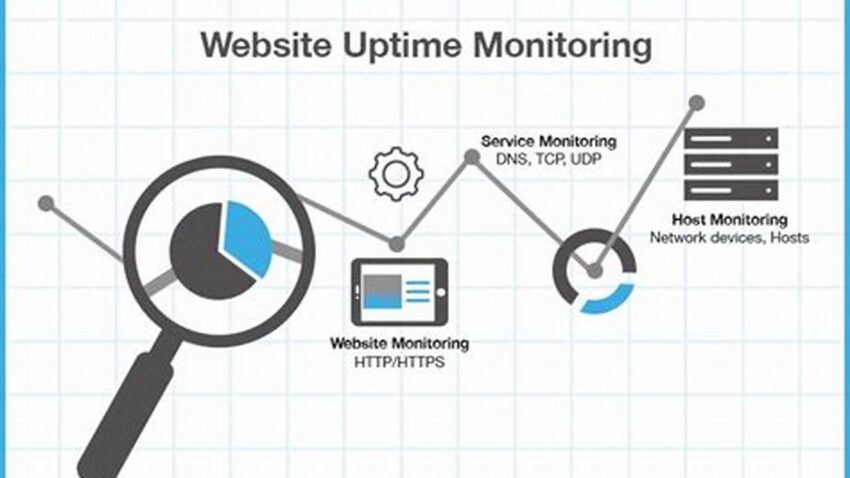Maintaining a consistently accessible website is crucial for any online business or service. Unforeseen downtime can lead to lost revenue, damaged reputation, and frustrated users. Selecting the right solution to monitor website availability is therefore a vital investment. This involves considering factors such as monitoring frequency, alert mechanisms, reporting capabilities, and integration with existing systems. A robust monitoring system provides the assurance needed to focus on other business priorities, knowing that potential issues will be identified and addressed promptly.
Comprehensive Monitoring
Solutions should offer monitoring from multiple locations globally to accurately reflect user experience worldwide.
Alerting Speed
Rapid notifications via various channels (email, SMS, etc.) are essential for quick response to outages.
Detailed Reporting
Access to historical data and performance trends helps identify recurring problems and optimize website reliability.
Performance Insights
Beyond uptime, monitoring tools can offer insights into website speed and performance, enhancing user experience.
Integration with Existing Systems
Seamless integration with current workflows and tools streamlines incident management and reduces response times.
Customizable Alerting
Tailoring alert thresholds and notification preferences prevents alert fatigue and ensures relevant information is received.
Scalability
The chosen solution should adapt to evolving website traffic and complexity as the business grows.
Cost-Effectiveness
Evaluate pricing models and features to ensure the solution aligns with budget and business requirements.
Tips for Effective Website Monitoring
Regularly review alert settings: Ensure notifications are configured appropriately to avoid missing critical alerts or experiencing alert fatigue.
Utilize multiple monitoring locations: Monitoring from diverse geographical locations provides a comprehensive view of website availability.
Integrate monitoring with incident management: Streamline response processes by connecting monitoring tools with incident management systems.
Monitor key website functionalities: Extend monitoring beyond basic uptime checks to include crucial website functions like payment gateways or login forms.
Frequently Asked Questions
What are the consequences of website downtime?
Downtime can result in lost revenue, damage to brand reputation, reduced customer trust, and negative impacts on search engine rankings.
How often should a website be monitored?
The ideal monitoring frequency depends on the website’s criticality. High-traffic or e-commerce sites may require checks every minute, while less critical sites can be monitored less frequently.
What are the different types of website monitoring?
Common types include HTTP/HTTPS monitoring, DNS monitoring, server monitoring, and transaction monitoring, each focusing on different aspects of website availability and performance.
How can I choose the right website monitoring software?
Consider factors such as monitoring frequency, alerting options, reporting features, integration capabilities, scalability, and cost-effectiveness when selecting a solution.
What is the difference between uptime and performance monitoring?
Uptime monitoring checks if a website is reachable, while performance monitoring measures how quickly it loads and responds to user requests. Both are important for overall website health.
Can website monitoring tools prevent all downtime?
While monitoring tools can’t prevent all downtime, they enable rapid detection and response, minimizing the impact of outages.
By carefully evaluating the available options and implementing a robust monitoring strategy, businesses can ensure website reliability, enhance user experience, and maintain peace of mind knowing their online presence is constantly protected.

